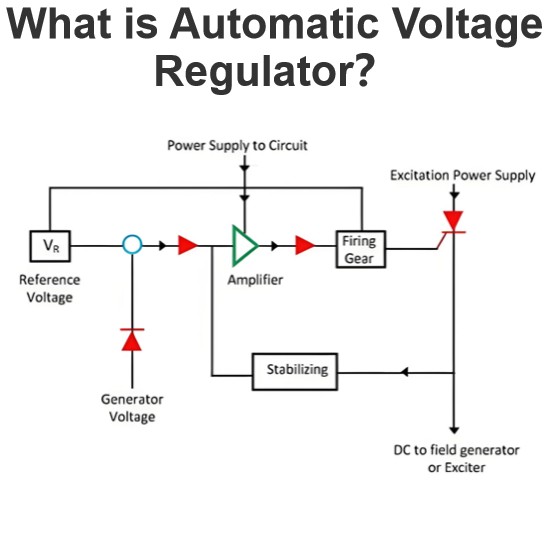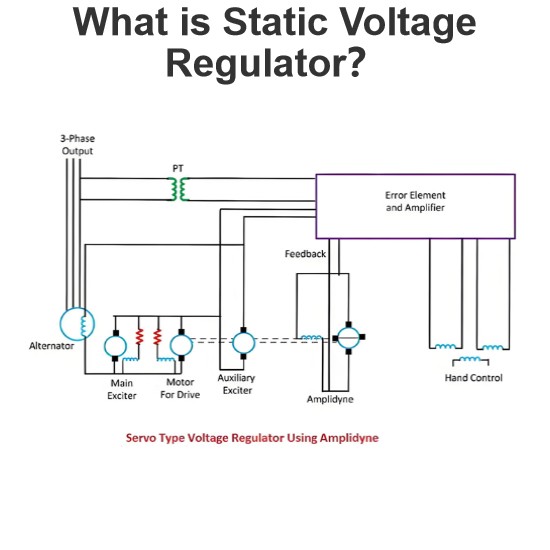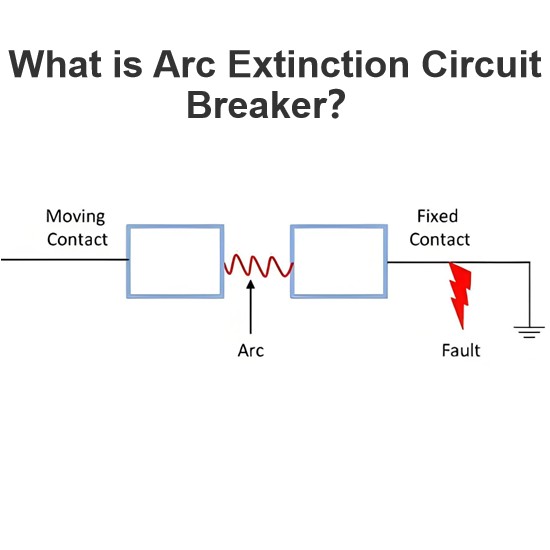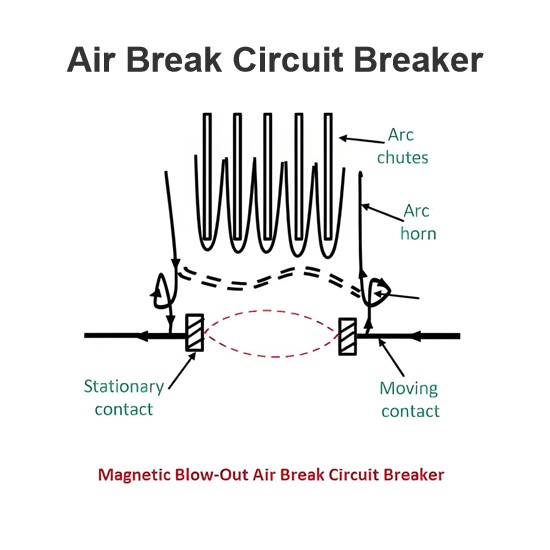What prevents electricity from passing through the insulation of wires?
Electricity is prevented from passing through the insulation of wires due to the properties of insulating materials. Insulators are specifically designed to resist the flow of electric current, allowing for safe handling and control of electrical systems. Here's how insulators work to prevent electricity from flowing through them:
Electron-blocking capability: Insulators are materials with low conductivity, meaning they do not readily allow electrons to move through them. This is because their atomic structure lacks free electrons that could carry an electric charge.
Energy barrier: The atoms in insulators have a higher energy bandgap, which acts as a barrier that prevents electrons from jumping from one atom to another and thus conducting electricity.
Static charges: Insulators can accumulate static charges but do not facilitate the movement of these charges, keeping them separated and preventing a continuous flow of electricity.
Material properties: Common insulating materials include plastics, rubber, glass, and ceramic. These materials have a low dielectric constant, which means they do not easily allow the electric field to penetrate and create an electric current.
Physical barriers: In practical applications, wires are often coated with a layer of insulation material like PVC (polyvinyl chloride) or rubber, creating a physical barrier that separates the live wire from the outside environment and any potential contact points.
Preventing overheating: Insulation also serves to prevent overheating by limiting the flow of heat generated by the current, which could lead to fires or equipment damage if the insulation were to fail.
In summary, the insulating properties of materials and the physical barriers created by their use in electrical wiring ensure that electricity does not pass through them, maintaining safety and control in electrical systems.
The Electricity Encyclopedia is dedicated to accelerating the dissemination and application of electricity knowledge and adding impetus to the development and innovation of the electricity industry.













